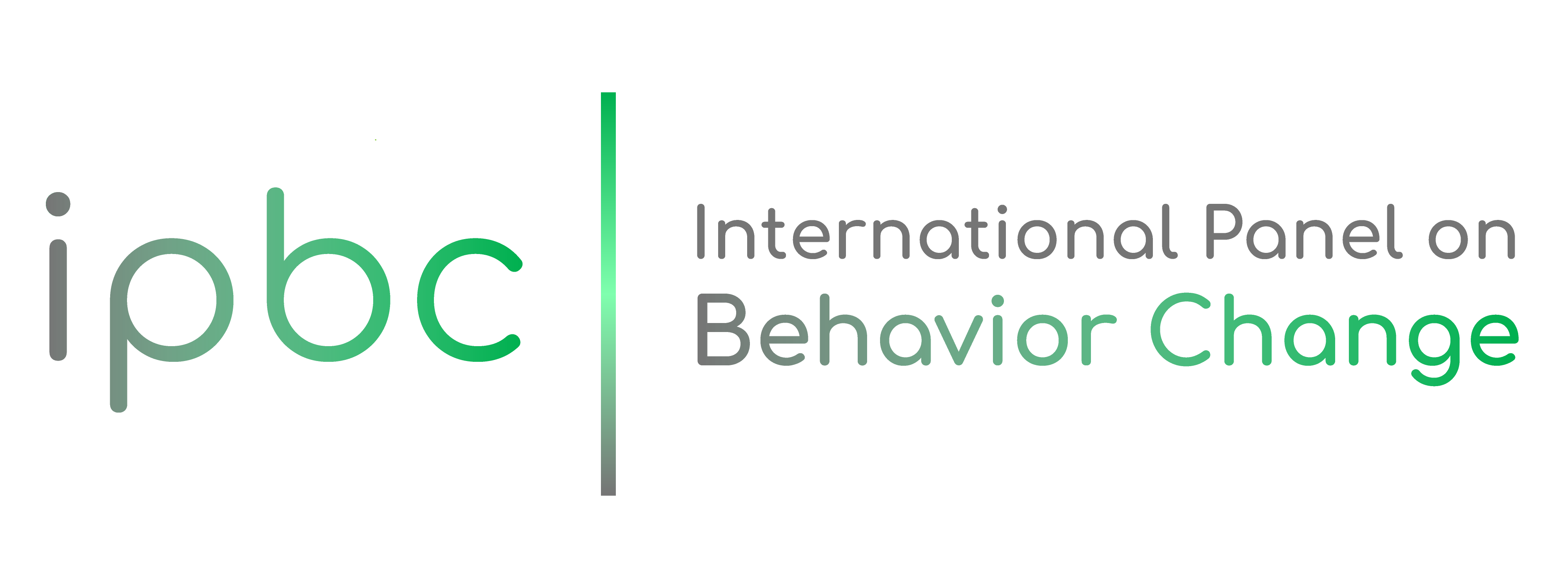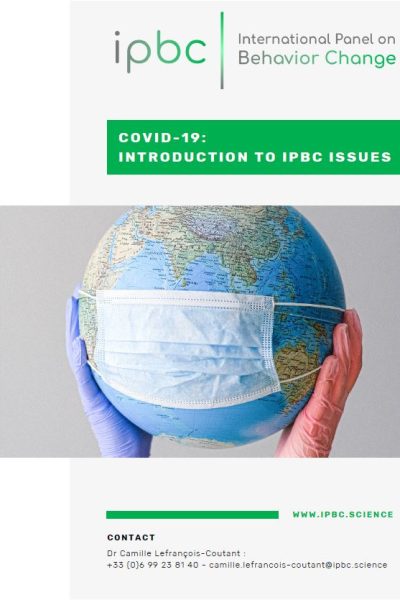COVID 19, the Ecological Crisis
and Drivers of Behavioral Change and Non Change.
First "INFORMED FOOD FOR THOUGHT"
Popular reactions to warnings relative to the COVID19 issued by governments and health scientists have shown a wide variety of reactions, as well as different levels of compliance, ignorance and defiance. While this diversity itself varied (for example, Asian populations wear the mask far more easily than Western populations), still; the types and levels of regulation and constraints do not seem to be explanatory factors that can account for that diversity. Indeed, how is this diversity of reactions to be explained when:
- Abundant medical information is provided non-stop via all media channels
- The health crisis impacts everyone either through the disease or through health policies
- Clear directives are provided regarding the adoption of new behaviours and social norms
- Testimonials and support for those exposed to sickness (including medical and grocery workers, etc.) are regularly broadcasted as a reminder for solidarity and responsibility.
The central question behavioural sciences, at the heart of the IPBC’s work and interest, must address is the following:
What are the drivers behind this diversity of reactions to the COVID19 crisis?
And are there some lessons for ecological transitions efforts?
Indeed, while many observers made the point that the present sanitary crisis (and the policies to contain it) would lead to a new, better, tomorrow, it seems to us that this point of view must be addressed with care and with sound methodology. In other words, it needs to be raised as a research question with some supporting evidence and scientific questioning, which is what these texts offer, each in their own albeit limited way.
Our starting point is a ‘simple’ observation. Measures aimed at individual transition efforts (become vegetarians, stop using our cars, retrofit our homes, stop unnecessary air travel, etc) are seldom translated into practices, except for a minority of citizens, despite long standing scientific evidence regarding present and future climate impacts. A common explanation for this lack of behavioral change is that people do not perceive (see, feel) climate change impacts or loss of biodiversity, because these impacts are still not perceived in daily reality.
Yes, the COVID-19 affects and kills people now and here; we know people who have it; we have images from around the world; and even more significant, we perceive and feel the impacts of policies to contain the crisis. Yet, even with all of its reality, there is still a wide variety of reactions. So we go back to our question: what are the factors playing a role in this diversity and how do they interact with each other?
This question is at the heart of the IPBC’s raison d’être and deserve that we reflect and publish on it. This first IPBC thematic report thus offers some analyses from different behavioural sciences aimed at the general curious public. We took care in keeping the language accessible to non specialists but we also added a glossary of our terms at the beginning of each chapter, for easier reading.
We hope you find in these articles some interesting and, maybe even thought-provoking food for thoughts.
Stéphane La Branche (IPBC Scientific Coordinator): stephane.labranche@ipbc.science
Camille Lefrançois (IPBC General Secretary): camille.lefrancois-coutant@ipbc.science

